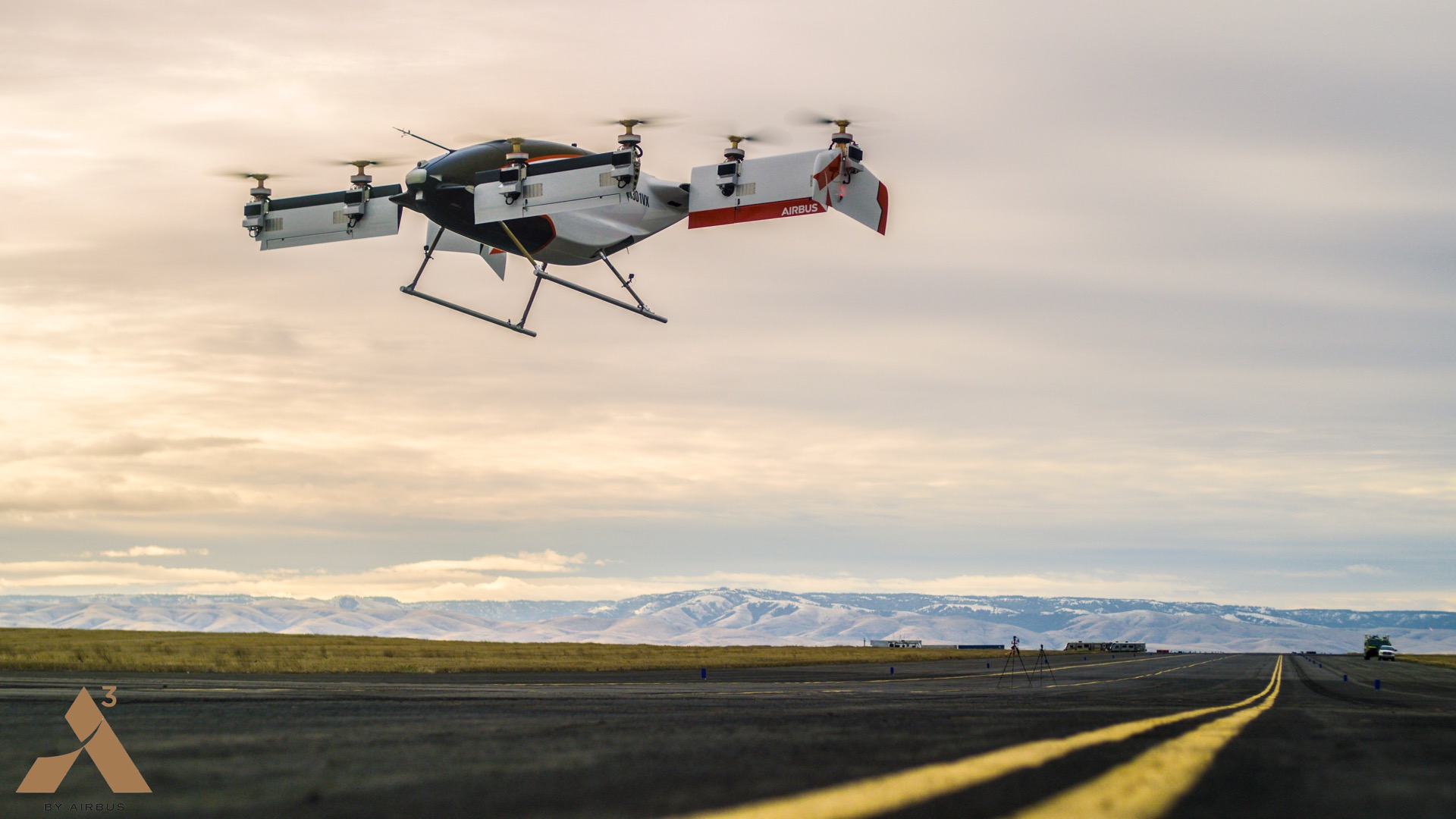

Vahana, the aviation startup backed by Airbus, completed the first test flight of its flying-car prototype successfully. But this first test was what you might call a baby step. The prototype, dubbed Alpha One, reached a height of just 16 feet in a flight that lasted 53 seconds, according to a Vahana blog post. Alpha One was “fully self-piloted” during the test, Vahana said. The company conducted a second successful test later the same day.
Still, any sort of flight is an important proof-of-concept moment for what still sounds like a sci-fi fantasy. Decades of failure to develop workable flying cars hasn’t stopped a whole new crop of dreamers, including Vahana, Uber, and a Toyota-backed startup, from trying. Flying cars don’t make a lot of sense, but the idea is too appealing for people to give up on.
The goal of Airbus is to create fleets of autonomous flying taxis, essentially airborne counterparts to the self-driving cars being developed by numerous companies. That puts the European aviation conglomerate in a race with Uber, which wants to launch a flying-taxi service in Dubai, Dallas-Fort Worth, and Los Angeles by 2020. Airbus previously said it wants to begin trials the same year.
Before any of that can happen, the Vahana team will need to conduct more tests. The Alpha One prototype took off and landed vertically in the first two tests, but it will need to transition to forward flight at some point and carry the equivalent of a full passenger load. It will also have to stay in the air for more than 53 seconds.